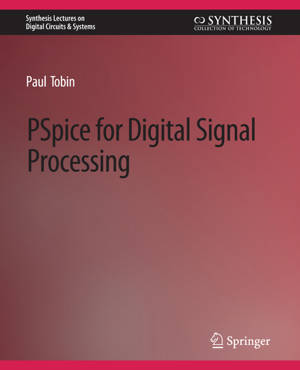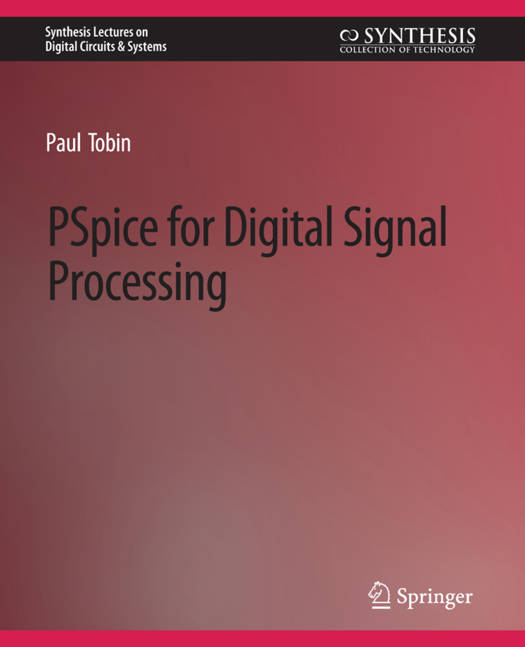
Je cadeautjes zeker op tijd in huis hebben voor de feestdagen? Kom langs in onze winkels en vind het perfecte geschenk!
- Afhalen na 1 uur in een winkel met voorraad
- Gratis thuislevering in België vanaf € 30
- Ruim aanbod met 7 miljoen producten
Je cadeautjes zeker op tijd in huis hebben voor de feestdagen? Kom langs in onze winkels en vind het perfecte geschenk!
- Afhalen na 1 uur in een winkel met voorraad
- Gratis thuislevering in België vanaf € 30
- Ruim aanbod met 7 miljoen producten
Zoeken
Omschrijving
PSpice for Digital Signal Processing is the last in a series of five books using Cadence Orcad PSpice version 10.5 and introduces a very novel approach to learning digital signal processing (DSP). In this book we start by examining basic signals starting with sampled signals and dealing with the concept of digital frequency.
Specificaties
Betrokkenen
- Auteur(s):
- Uitgeverij:
Inhoud
- Aantal bladzijden:
- 141
- Taal:
- Engels
- Reeks:
Eigenschappen
- Productcode (EAN):
- 9783031797668
- Verschijningsdatum:
- 31/12/2007
- Uitvoering:
- Paperback
- Afmetingen:
- 233 mm x 192 mm
- Gewicht:
- 314 g

Alleen bij Standaard Boekhandel
+ 85 punten op je klantenkaart van Standaard Boekhandel
Beoordelingen
We publiceren alleen reviews die voldoen aan de voorwaarden voor reviews. Bekijk onze voorwaarden voor reviews.









